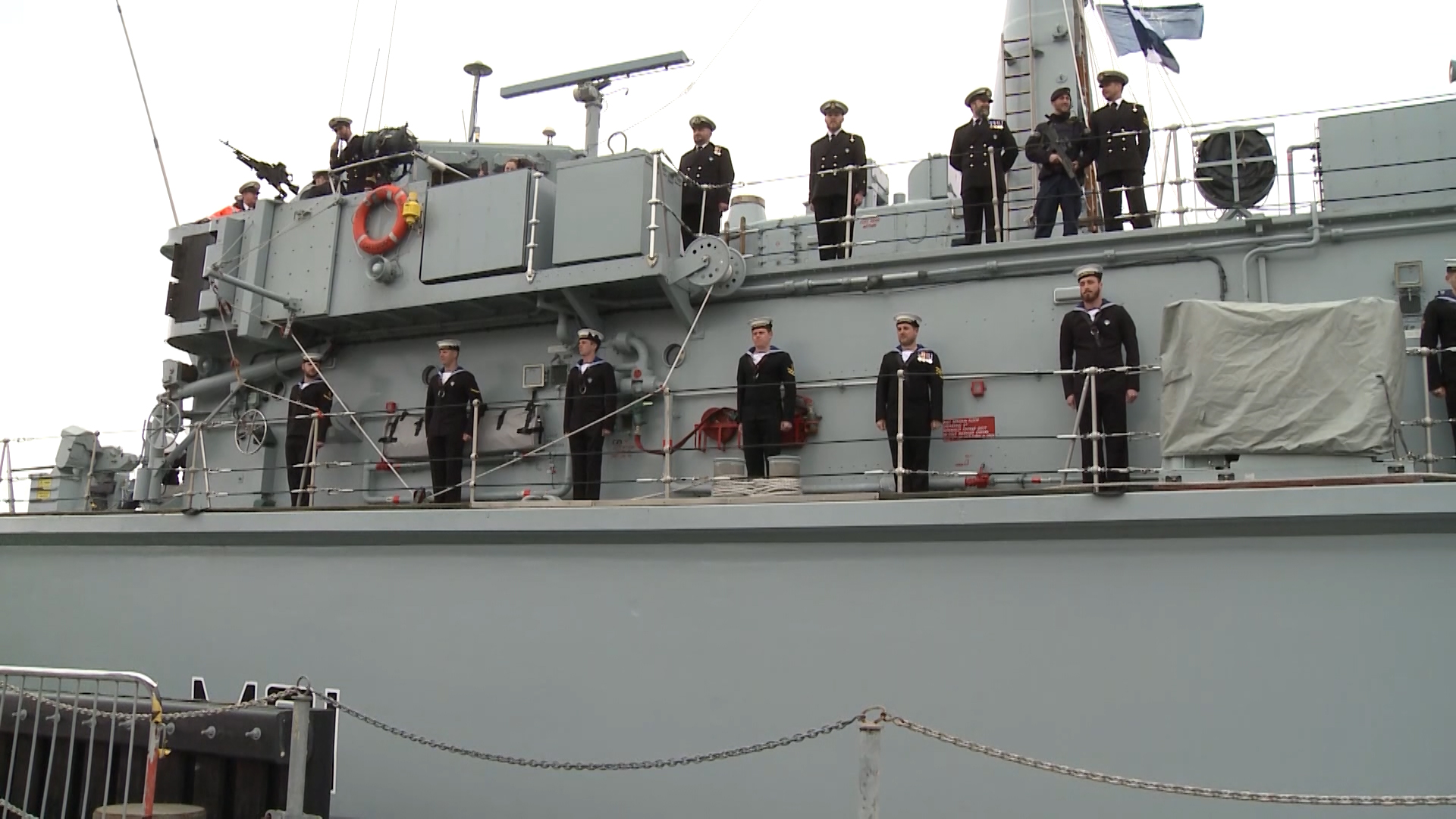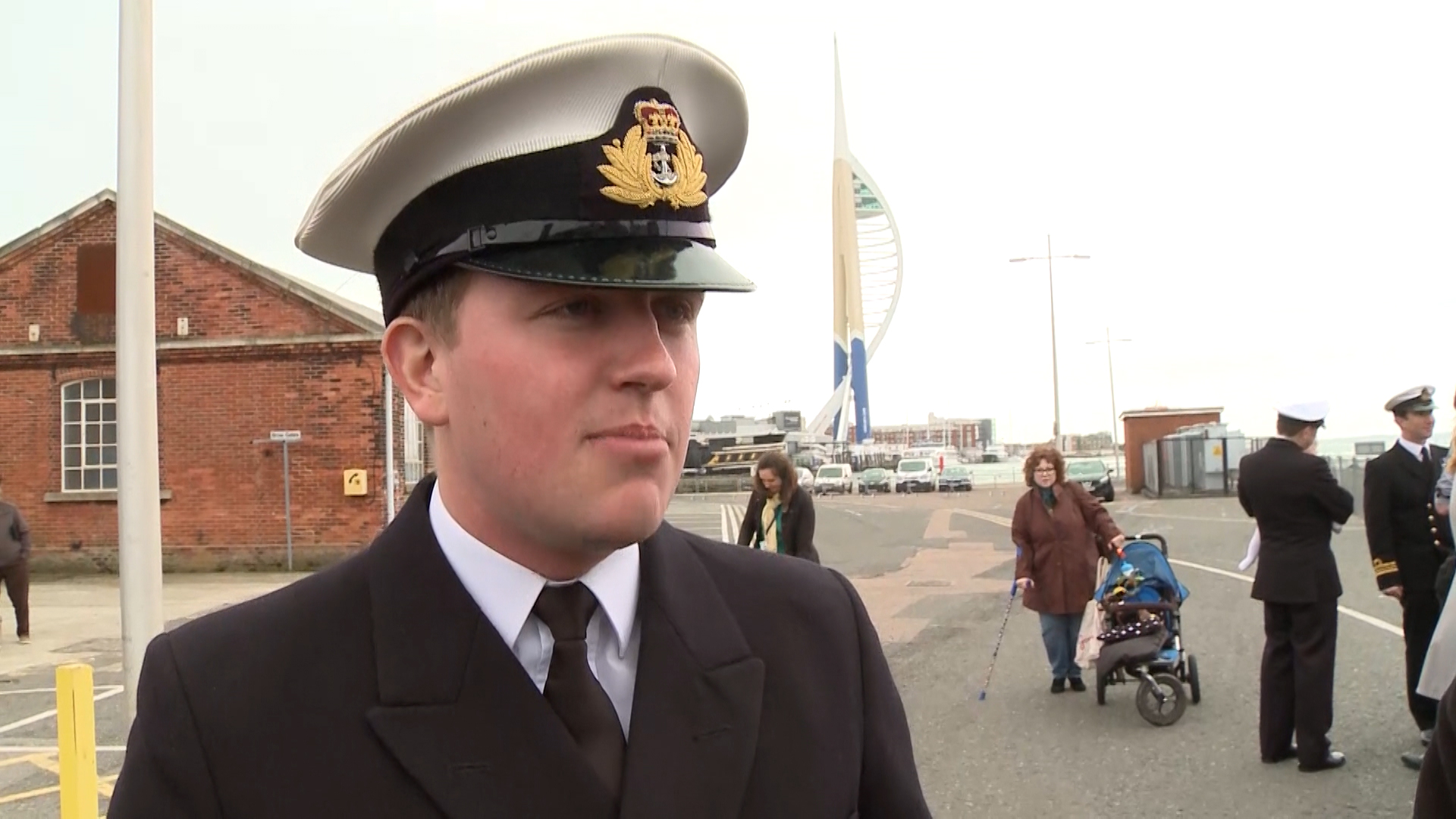Royal Navy Minehunter Returns Home After Busy Time In The Baltic
A Royal Navy minehunter with a colourful past has returned to Portsmouth after a four-month deployment in the Baltic.
HMS Cattistock joined six NATO allies tasked with finding unexploded mines and torpedoes - and accounted for over half the overall haul.

The minehunter hit the headlines last August when she was deployed to escort two Kilo-class Russian submarines and a Silva-class support tug through the English Channel.
None of the larger warships were available at the time, so the lightly armed Cattistock had to stand in – a decision which caused questions to be asked about the UK’s naval readiness.

HMS Cattistock hunts and destroys ordnance, making our seas safer. She is equipped with the Sea-Fox mine disposal system and four clearance personnel.
Sub Lieutenant James Wagstaff described what the minehunter does in detail, saying: “We search the sea bed – we call it harvesting vegetables – and we search for mines that are on the sea floor.
“We found a total of 13 mines over in the Norwegian fjords and it was all unexploded ordnance, mainly from World War Two.
“It’s some of the busiest mine hunting activity that we’ve had as a Navy for a long time.”

The crew will now take some well-deserved leave with their loved ones - while HMS Cattistock undergoes some maintenance ahead of her next deployment.









